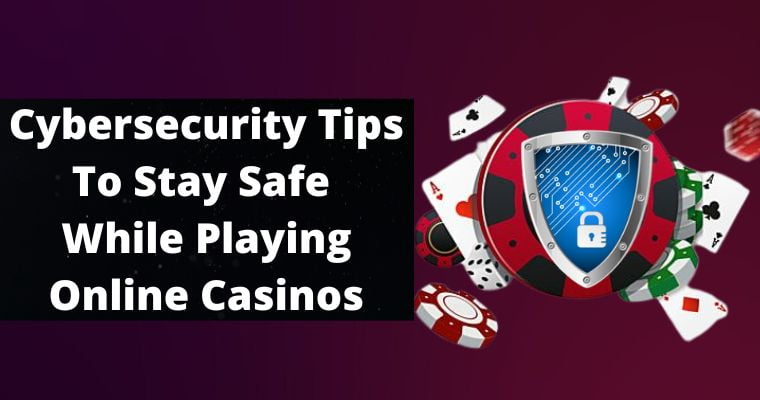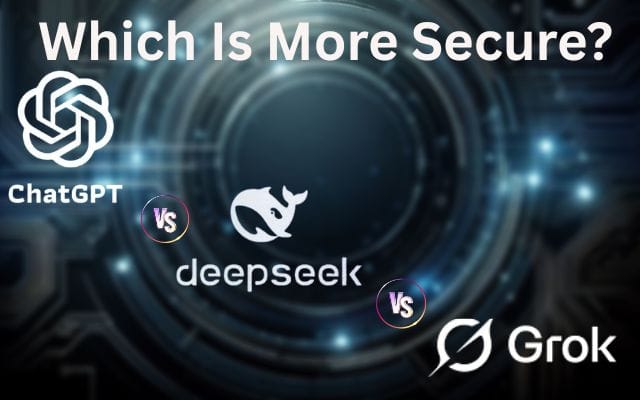Accessing the dark web is one thing, but maybe you want to access the dark web with your portable device? Why you might ask? Well, if not only for the simple fact that the majority of people in the world access the internet with their smartphones.
With five billion people able to access the internet today, and around 25 billion devices out there, millions are already curious about the dark web and will probably want to access it from the convenience of their smartphone.
Before we get into how exactly you can access it from your mobile device, let’s look at what the dark web is, what a VPN is, and why you need a .onion-capable browser on your smartphone before you venture into the deep and invisible web.
The Dark Web? What Is That All About?
It’s only natural to be curious about one of the most searched items out there, the dark web. The “iceberg” metaphor is perhaps the most immediate way to describe the invisible web. The dark web is simply a large portion of an iceberg below the water line that is invisible to us.
We use the clear (indexed) web for daily activities such as searching, Skype, logging into work-related websites, entertaining ourselves on YouTube, and everything else.
The deep and dark web sections of the internet (which are sort of intertwined as you will see later) cannot be accessed using your standard browsers like Firefox, Explorer, Chrome, or any other.
To be more specific the dark web is a subset of the much larger warehouse that is called the deep web, which houses the fundamental inner workings of the index that we all use.
This includes files that would be useless to you like databases, configuration files, and a slew of other harmless, necessary components. Consider the deep web to be the internet’s engine if you lift the hood.
So, where is this dark web? Returning to our warehouse analogy, consider the dark web to be a dark, inaccessible corner of your engine bay. You need a torch to see it, and you need to lift your engine out to reach it i.e you need custom tools like Tor.
The hidden web doesn’t have to necessarily be a sinister place, but it has earned that reputation over the years. Unfortunately, it harbors criminal activity such as illicit pornography, hate crime and hate speech forums, and all imaginable manner of human ills.
Then again, to be fair to the dark web, it attracts the dark layer of society because it is also by far the most anonymous part of the internet, accessible only through. onion-compatible browsers like The Onion Router, or Tor as it is known.
The invisible web holds a host of good opportunities for academics, high-profile journalists (spies too, of course), software developers, and even regular people looking for anonymity, so it’s not all evil. Of course, it is entirely dependent on how you use it, like many things in life.
This is why using the dark web safely is such a contentious issue!
Safely Accessing the Dark Web From Your Smartphone
As previously said, anyone can visit the dark web using any of the free browsers that permit the opening of .onion links. These browsers are available for smartphones, too. The Tor browser is typically the most widely used choice here.
Unfortunately, this browser is not supported by systems like iOS, although other developers have created versions that are.
Setting up Tor on Windows, Linux or Android is not difficult at all, but make sure you get it from Tor’s official website so that you have the legitimate version. Legitimate websites will have the “HTTPS” prefix and lock before the address.
To access and explore the dark web securely, you must first prepare. As a military-grade encrypted browser, Tor offers you several security options ranging from safe to safest, with the safest option being the most stringent.
Before you start browsing through, a medium level of security would do you well, or higher if you are paranoid (or hunted).
Virtual Private Network Apps, Tails, General Tips
A virtual private network, or VPN, should then be included in the mix. These nifty security applications will separate your IP address from your precise location and add more AES 256-bit encryption.
This level of safety guarantees that you remain safe and anonymous should you trespass on a part of the dark web that you shouldn’t have and should Tor’s systems fail.
You could even add a special operating system to the mix on a virtual machine such as Tails (for advanced users only)/. These OSes will prevent hackers from capturing your data traffic in transit via the dark web.
For the casual surfer, though, such a meticulous approach is not usually required.
You should close miscellaneous background apps before accessing the dark web, make sure your system software is up to date, perhaps even cover your webcam, and turn off the diagnostics and location services on your smartphone.
Of course, make sure your account passwords are difficult to guess (and not something like 1234ILoveMyDog).
You should also think about using a dark web-compatible trustworthy dark web search engine, such as StartPage or DuckDuckGo. These can also work in the safest Tor mode, which switches off Javascript – a tracking function.
From there, you can go onto “The Hidden Wiki” to find anything else you want to find on the dark web, there will be loads of links there.
Please remember, never send anything to strangers on dubious forums or entrust suspicious businesses with anything on the hidden web.
You are not on the clear web. Also, do not interact with someone who contacts you, and immediately shut down any websites that seem off-putting in any way.
The dark web is an excellent place to discover unique and interesting items, buy valuable things or services discreetly with cryptocurrencies, or expose your entire government if you like and remain anonymous.
You will certainly love the intrigue and oddity of the dark web, but keep in mind to abide by the tips in this article to avoid venturing into the other shady and illegal areas of the dark web.



